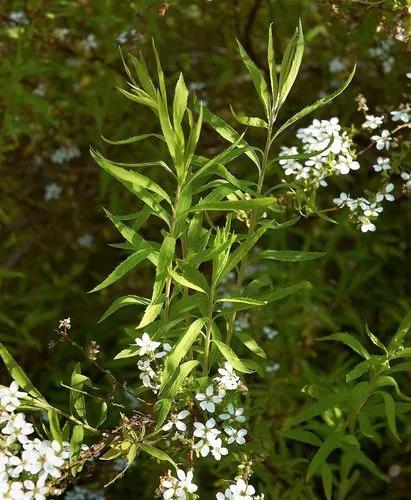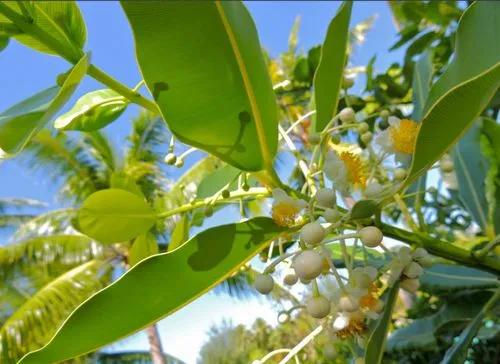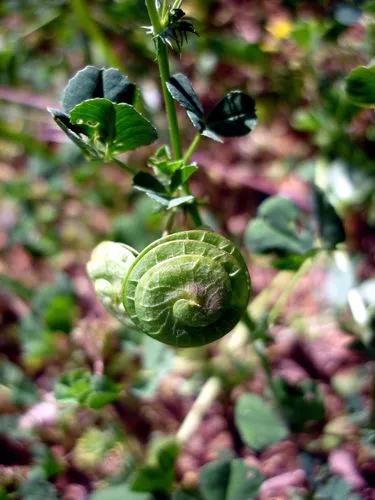Leucanthemum maximum is a species of flowering plant in the aster family known by the common name max chrysanthemum. It is native to France and Spain but it can be found growing wild in other parts of the world as an introduced species.
Daisy-chrysanthemum Care
Leucanthemum maximum



Leucanthemum maximum is a rhizomatous perennial herb growing 30 to 70 centimeters tall with many large serrated leaves around the base of the stem on winged petioles. There are smaller lance-shaped leaves alternately arranged along the stem. The inflorescence is generally a large, solitary flower head which may exceed 8 centimeters in diameter. It has a fringe of 20 to 30 white ray florets around a center of many densely packed yellow disc florets. The fruit is a small ribbed achene without a pappus.
How to Care for the Plant

Water

As a general rule of thumb, daisies usually require approximately 2.5-5 cm or 1 to 2 inches of water per week during a summer, either through irrigation, normal rainfall, or a combination of both. During spring and fall, daisies benefit from about 1 to 2 inches of water applied every other week.

Pruning

Any dying or yellowing leaves can be removed for aesthetic reasons, while any small leaves that grow off the main trunk, often called suckers, should be removed.

Fertilizer

Liquid fertilizers are applied more frequently, bi-weekly or monthly, for example. Granular products are used less frequently, perhaps once every month or two. Slow-release houseplant fertilizers break down slowly and release their nutrients in small amounts, over a longer period of time. A single application of most of these products lasts for three to four months.

Sunlight

Grows it's best and fastest with full sun exposure, but it can do well in partial shade.

Soil

Loam soil contains a nice balance of silt, sand, and clay along with hummus.

Temperature

These plants can be grown in the areas with the lowest winter temperatures of −28.9°C (−20°F). Plant them in spring or early summer, after the danger of frost has passed.

Container

Whether your potted plants are indoors or outdoors, proper drainage is an essential element to ensure they stay healthy.

Popularity

5,367 people already have this plant 513 people have added this plant to their wishlists
Discover more plants with the list below
Popular articles






